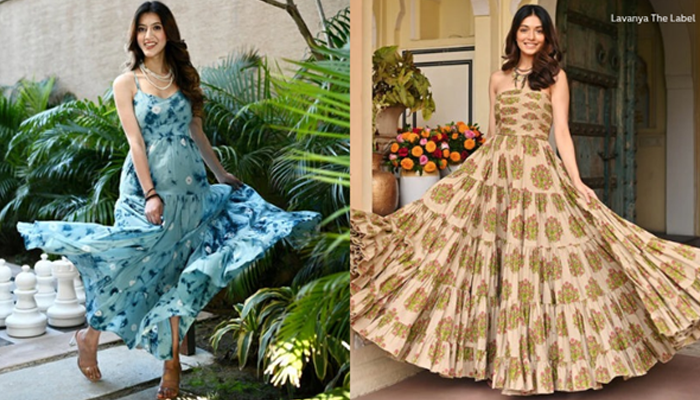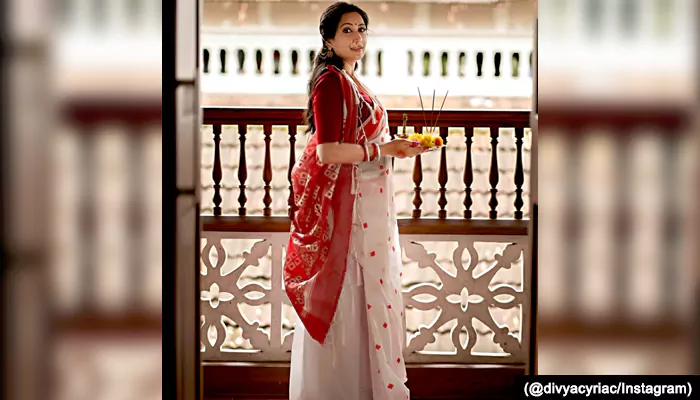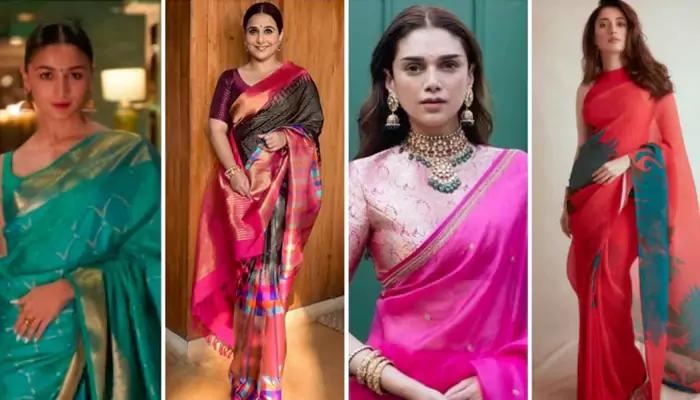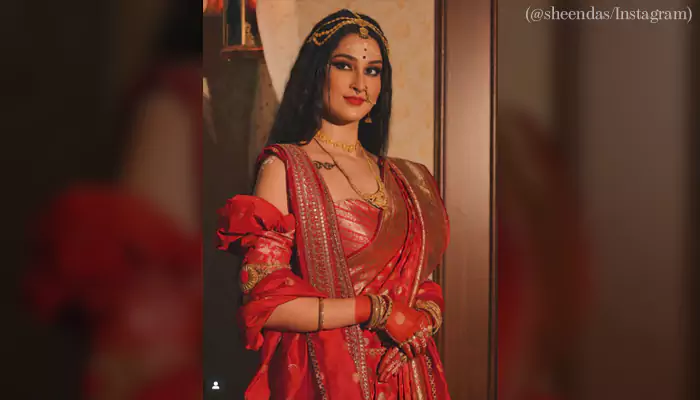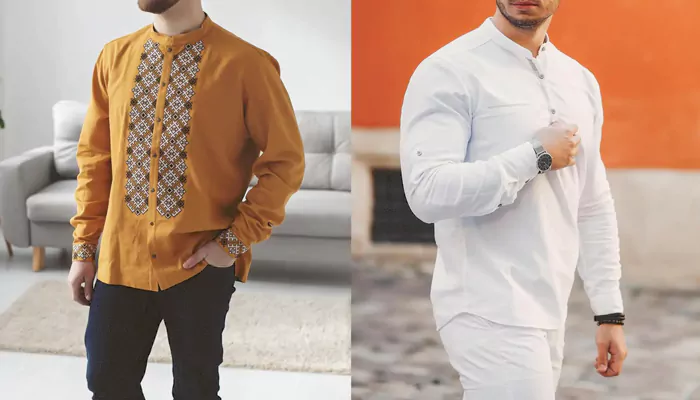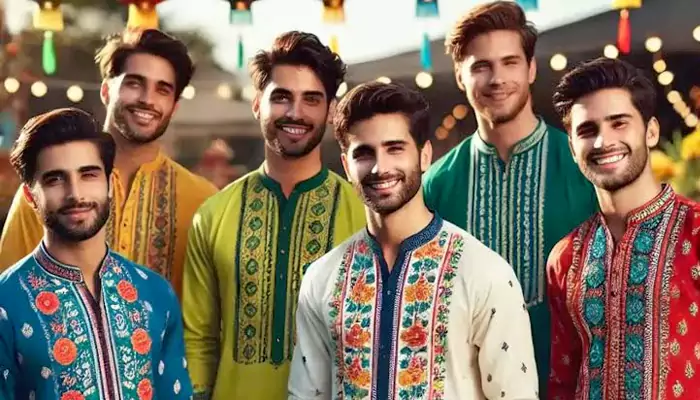How fashion designers are using trends to advocate for social change?
- Rinks
- 1 year ago
- 4 minutes read

Check out how fashion designers are using trends to advocate for social change, promoting sustainability and social justice through their work.
Fashion has always been more than just clothing—it's a powerful medium for self-expression and a reflection of society's evolving values. In recent years, fashion designers have increasingly embraced their platforms to advocate for social change, using trends to raise awareness, challenge norms, and inspire action. Read how fashion designers are leveraging their influence to address pressing social issues.
The intersection of fashion and social activism
Fashion has a unique ability to communicate messages and influence public opinion. By incorporating social and political themes into their designs, fashion designers can reach a wide audience and spark conversations about important issues.
Fashion as a cultural mirror
Historically, fashion has mirrored the cultural and political climate of the times. From the flapper dresses of the 1920s that symbolised women’s liberation to the anti-establishment styles of the 1960s, fashion has always been intertwined with social movements. Today, designers are continuing this tradition by addressing contemporary issues.
The power of visual messaging
Fashion is a visual medium, making it an effective tool for advocacy. Designers can use their collections to make bold statements, whether through the use of symbolic colours and patterns, graphic prints with activist slogans, or innovative materials that challenge traditional norms. This visual messaging can resonate with audiences on a deep, emotional level, driving home the importance of the issues at hand.
Sustainability in fashion
One of the most prominent ways fashion designers are advocating for social change is through the promotion of sustainability. The fashion industry is notorious for its environmental impact, from the massive amounts of waste generated by fast fashion to the pollution caused by textile production. In response, many designers are leading the charge towards more ethical and sustainable practices. Designers are increasingly turning to eco-friendly materials such as organic cotton, recycled fabrics, and plant-based dyes to reduce the environmental footprint of their collections.
Slow fashion movement
The slow fashion movement encourages consumers to buy less, choose quality over quantity, and consider the lifecycle of their clothing. Designers who champion slow fashion are promoting a shift away from the disposable culture of fast fashion, advocating for timeless, durable pieces that are made to last. This approach not only benefits the environment but also challenges the exploitation of labour in the fashion supply chain.
Upcycling and circular fashion
Upcycling, or the process of repurposing old garments into new ones, is another trend gaining traction among socially conscious designers. Circular fashion takes this concept further, aiming to create a closed-loop system where materials are continuously reused, reducing waste to a minimum.
Inclusivity and representation
In addition to sustainability, fashion designers are also using their platforms to advocate for greater inclusivity and representation within the industry. For too long, fashion has been criticised for its lack of diversity, but recent trends are challenging this status quo.
Fashion as a platform for social justice
Beyond sustainability and inclusivity, fashion designers are increasingly using their work to address broader social justice issues. Whether it’s through fundraising, collaborations with activist organisations, or direct messaging in their designs, fashion is becoming a powerful tool for advocacy.
Fashion designers are increasingly recognizing their role as cultural influencers and are using trends to advocate for social change. From promoting sustainability and inclusivity to addressing social justice issues, designers are leveraging their platforms to make a positive impact on society. As consumers become more socially conscious, the demand for fashion that reflects these values will continue to grow, pushing the industry towards a future where style and substance go hand in hand.

